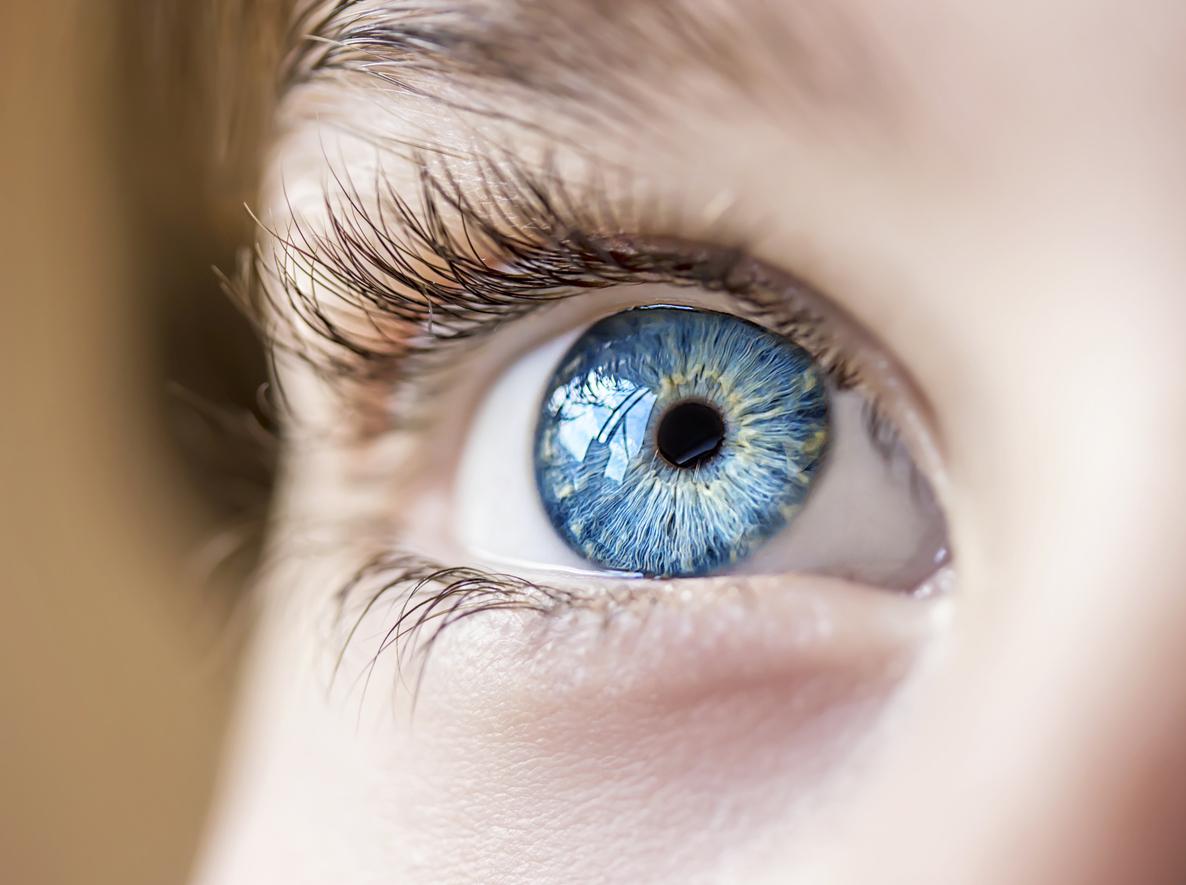Feeling swayed by the waves is a simple summer pleasure that can quickly turn into a nightmare if you suffer from seasickness. Where does this illness come from and how can you cure it? Some explanations and advice.
-1596623382.jpg)
Malaise, vomiting and dizziness, the signs of seasickness have ruined many a stay on the water. This evil is caused by a conflict between the inner ear, visual information and the perception that we have of our body in space. “The discordance of information disturbs the action of the centers of balance. Unable to give a response consistent with the information received, the center [d’équilibre du cerveau, NDLR] ‘hoards’ unusable information, resulting in an excess of nerve impulsesexplains doctor Jean-Yves Chauve, official doctor of the Vendée globe in the magazine Veil health. Beyond a bearable dose, it is necessary to evacuate this nervous overload and it is the vomiting which takes care of it.
This overload hits more or less hard depending on the sea conditions. “Seasickness usually happens when the person can no longer see the coast, or on a motor boatexplains Doctor Hervé Roguedas, federal doctor of the French Sailing Federation. On the contrary, it is particularly rare on small solo or double supports.” The dissonance of feeling and perception is particularly strong when the sea is rough: “Up and down movements perpendicular to the eye-ear line are most to be feared.” explains the Vendée globe doctor.
However, seasickness also depends on the person and particularly affects children. “The sensibility [au mal de mer, NDLR] increases from 2 to 12 years, then stabilizes and decreases slowly with advancing ageassures Doctor Bald. After 50 years, seasickness is less common.” This sea professional advises against getting on a boat with the anxiety of getting seasick, according to him, this is the best way to trigger it. Likewise, he ensures that fatigue, hunger, cold and humidity as well as certain strong smells cause this nausea.
Tips for dealing with seasickness
To avoid suffering from seasickness, the doctor advises before boarding to sleep well the day before, not to eat too much, to hydrate well and to dress warmly.
Once at sea, you have to be active to avoid thinking about it, stay in the middle of the boat where the swell is more attenuated due to the center of gravity, and if possible breathe the air from outside.
In the event of an onset of discomfort, he suggests fixing the horizon or another distant point in order to help the internal balance system, keeping the head still, snacking regularly so as not to be in hypoglycemia and aggravate the feeling dizzy and lying down if it is not possible to be active.
Jean-Yves Chauve also advises against taking stimulants such as coffee or alcohol, going to the front of the boat and above all reading.
Treatments to mitigate the effects
There are medications to prevent or lessen the symptoms of seasickness, however they are not without side effects. Rehabilitation of the ear also exist to fight against these discomforts.
However, this internal dissonance normally resolves within 2-3 days at sea.”The adaptation time is very variable according to the individualssays Dr. Bald. Gradually, the center of balance sees this inconsistent information as irrelevant. When he doesn’t take it into account at all, it’s much better.” A phenomenon similar to that of a noisy environment where after a certain time the brain ignores this annoyance.
.

















